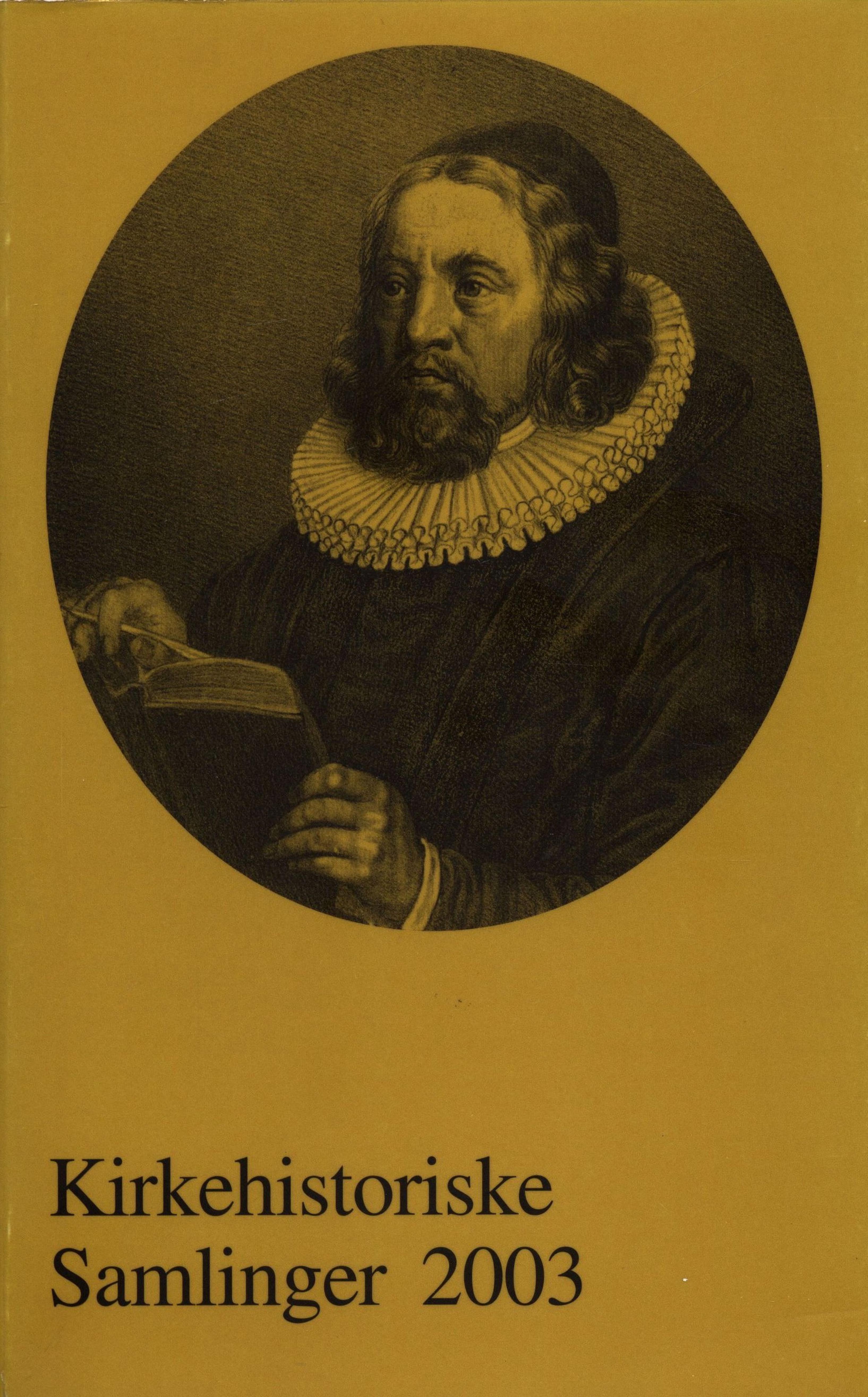Publiceret 15.12.2003
Citation/Eksport
Copyright (c) 2024 Tidsskriftet Kirkehistoriske Samlinger

Dette værk er under følgende licens Creative Commons Navngivelse – Ingen bearbejdelser (by-nd).
Resumé
Thomas Kingo (1634-1703) was probably Denmark’s greatest baroque poet. After Kingo’s death his fame as a poet might have vanished, if his name had not been closely associated with the Danish tradition of hymnology. Kingo was appointed editor of the official hymn-book (1699) by the absolutist king Frederik V That book was to be used in the church for at least the next hundred years. Despite - and probably as a reaction to - the neo-classical aesthetics of the learned, the non-conformist and popular movements of the 19th century clung to Kingo’s hymns. N.F.S. Grundtvig as well as the pastors and laymen belonging to his circle held an ambiguous view of Kingo’s - in their opinion - obsolete penitential theology of Lutheran Orthodoxy. Grundtvig however appreciated the younger Kingo’s poetical and theological ability to express man’s natural relation to God and nature. On the other hand Kingo’s poetry was a challenge to Grundtvig, who fostered the idea of re-writing Kingo’s hymns in order to make them conform to his own theology. Grundtvig wanted to show himself a better poet than Kingo. The view that Kingo needed to be re-written actually coincided with the attitude to his works of the literary critics of the early 19th century. However as romantic criticism developed into a kind of historiography of literature later in the century, a new opinion emerged that Kingo’s texts should be restored and published according to their baroque originals. This led to a fight between academics and churchmen, between modernists and traditionalists. Both parties claimed to be preserving Kingo’s fame and his hymns as a traditional heritage in the contemporary Danish church. A central question was whether Kingo’s baroque poetical language should or could be translated into a modem language, and whether his theology may be modernized. The article examines the positions held by the combatants over the last 200 years. 300 hundred years after his death, Kingo’s hymns in their original versions belong to the national canon of literature. In the new Danish hymn-book (2003) his hymns are represented in versions that have continually been revised since the mid-19th century as a collective effort on the part of theologians, historians, and literary critics. The author asks the question as to which versions - the original or the modernized - may be regarded as the »real« Kingo.

